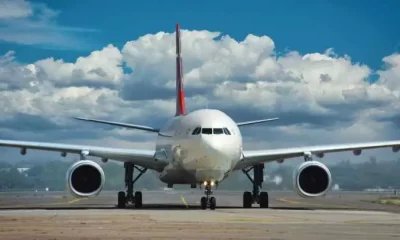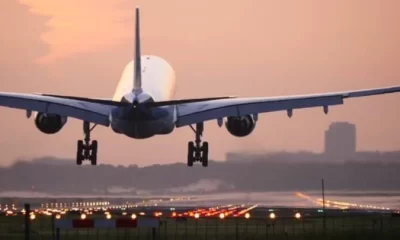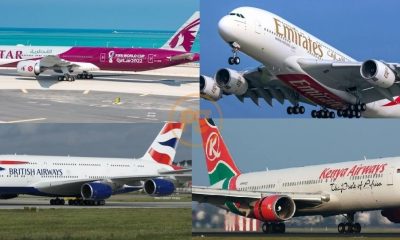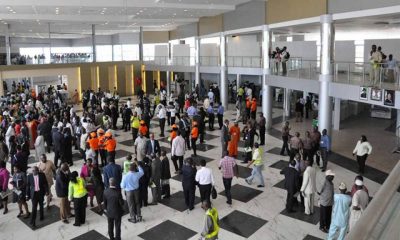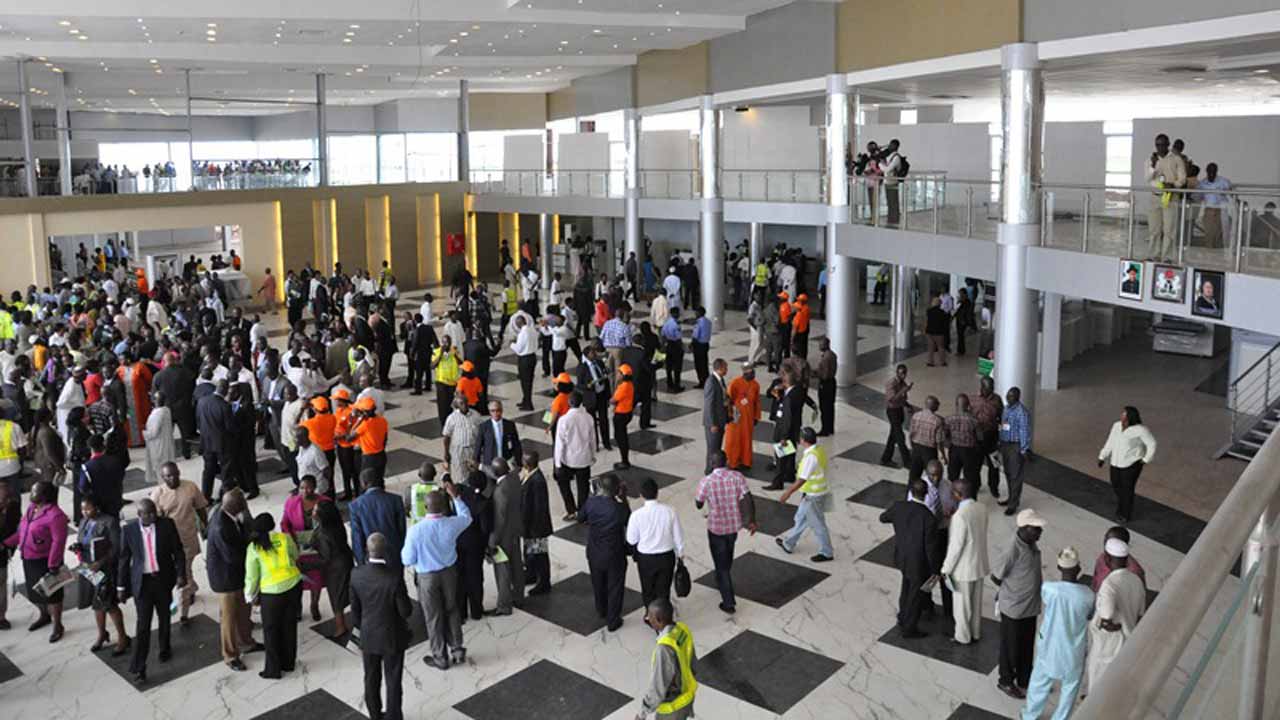In the last eight months, Airlines in the country have increased air fare by almost 53 per cent due to jump in inflation which increased by 16.53% year on year.
In a statistics released by the Nigeria Bureau of Statistics, the overall passenger traffic also declined 28.3% year on year.
National Daily gathered that besides inflation, foreign exchange volatility also contributed to the hike as most aircraft are flown abroad for their standard maintenance. This leaves the airlines at the risk of foreign exchange rate volatility as they earn income in Naira, but have to pay in dollars.
ALSO SEE: Nigeria aviation dips by 0.8% in international arrivals
Aviation fuel, which takes up a huge proportion of their earnings, has also increased due to the devaluation of the Naira against the dollar last year. Petroleum products, are imported into the country due to the epileptic nature of the country’s refineries. Operators in the aviation space, have also complained severally of multiple charges by various government agencies in the sector.
The drop in crude oil prices and production volumes in the country last year, led to a massive devaluation of the Naira against the dollar and the Central Bank of Nigeria (CBN) placing restrictions on fx demand.
The poor state of the airports in the country hampers their operations. Majority of the airports in the country lack equipment for night operations, limiting the number of flights they can receive daily. Foreign airlines have thus been forced to use neighbouring countries as their hub.
Government recently put the Abuja and Lagos airports up for concession, due to a lack of funds to keep them at the required standards. The move has however sparked opposition from unions operating in the aviation industry, who have threatened to go on strike. The union claim they were carried along in the concession process.

 Health & Fitness2 days ago
Health & Fitness2 days ago
 Comments and Issues1 week ago
Comments and Issues1 week ago
 Featured6 days ago
Featured6 days ago
 Education1 week ago
Education1 week ago
 Business1 week ago
Business1 week ago
 Aviation5 days ago
Aviation5 days ago
 Business6 days ago
Business6 days ago
 Crime1 week ago
Crime1 week ago


